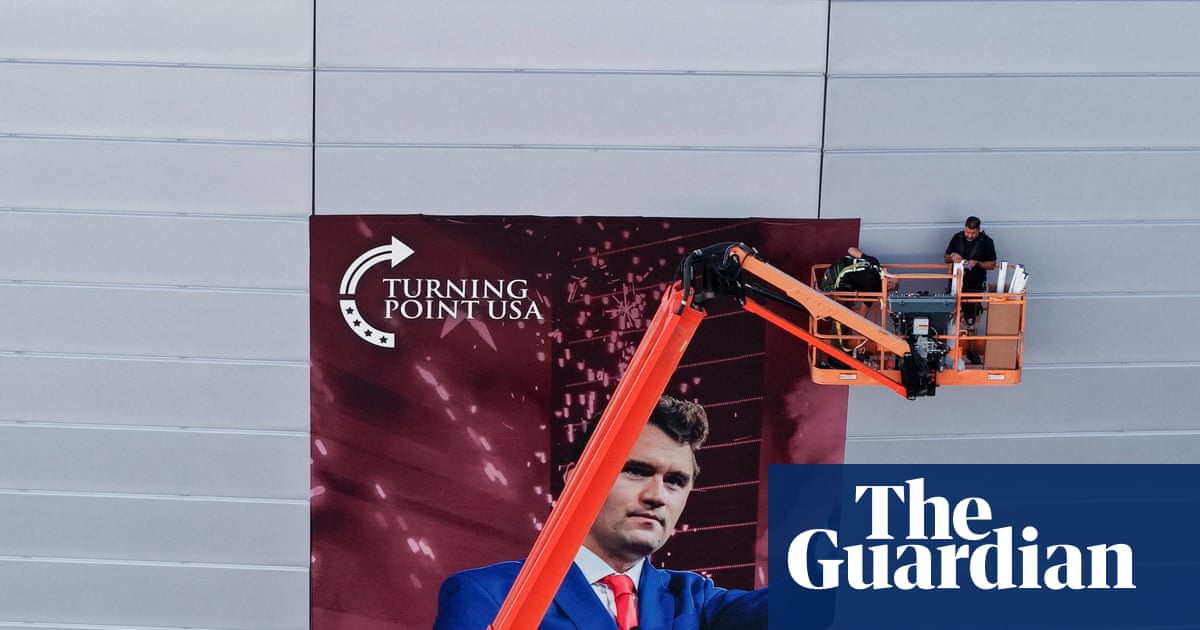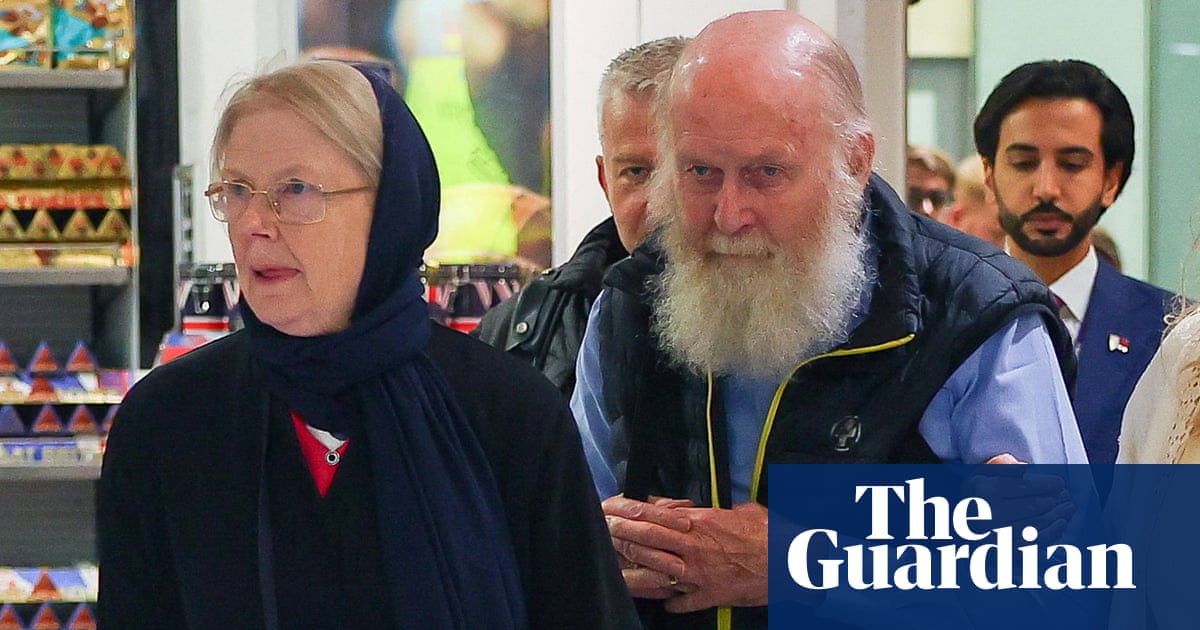From herb boxes and flower pots to washing lines and hanging baskets, residents of Madrid, Berlin and other European cities are well versed at making the most of their compact balconies – even generating power for wifi, the kettle and the TV.
“Balcony solar” allows urbanites to install a small number of panels in the tight space outside apartments, which then generates electricity that can be used for the household. Soon flat owners and renters in the UK could be able to use the same “plug-in” technology, which is currently prohibited here.
The DIY systems which have grown in popularity in countries such as France, Italy, the Netherlands and Germany are typically plugged straight into the home’s power sockets, saving money on electricity bills and allowing people access to a new source of power.
So why can’t balconies in the UK simply have the same systems installed? Regulations around solar systems and wiring here mean that professionals must be involved in their installation and the panels cannot simply be plugged into the mains like a toaster.
In some European countries, where electrical systems are different to the UK, residents are allowed to put in place their own small systems – such as a few panels being hung off a balcony.
Thomas Newby of the Leeds-based engineering company Morgan & Newby says this difference in regulation means the technology has grown in popularity. In Germany, Balkonkraftwerk (balcony power plant) systems are now installed at 1.5m apartments.
“Various countries permit systems limited in output to 800W to be connected via a standard appliance plug to a socket-outlet,” he says. “As a result of this lower cost entry point, well suited to apartments where the solar modules can be hung or positioned on the balcony, uptake has increased significantly of late.”
This week the government said it would launch a safety study “with the aim of unlocking opportunities for plug-in solar over the next few years” as part of a new plan to triple the UK’s solar capacity by 2030.
In theory, this could mean people in flats would have a much cheaper way to access solar energy as the cost of labour is taken off the bill. And renters could take the systems with them when they move from flat to flat. This would give people who usually do not have access to cheap power a way to reduce their energy bills.
Newby said a typical kit containing two solar panels, a battery to store energy and the plugs needed to convert it to the household electrics would cost about £2,000. Batteries are used to store energy which is generated and not used immediately in the home, especially on sunny days such as those experienced last month, when temperatures reached 33C.
The study by the Department for Energy Security and Net Zero will look at whether the plug-in systems would be safe to use in the UK, where the electricity supply system is significantly different to countries such as Germany.
after newsletter promotion
Solar Energy UK, the trade body for the industry, said the installation of plug-in solar panels is not allowed under building regulations or planning policy.
“This is due to a range of considerations including aesthetics, structural/building safety and consumer safety. There are other practical considerations including the location of electric sockets and cable protection – we do not tend to have electrical sockets installed on balconies in this country,” said Gemma Grimes, director of policy.
“The installation of all electrical equipment comes with risks, and it is important that any risks are fully understood prior to widespread rollout. We are aware of examples on the continent – including Germany – and are keen to learn from their experience.”

 2 months ago
52
2 months ago
52

















































